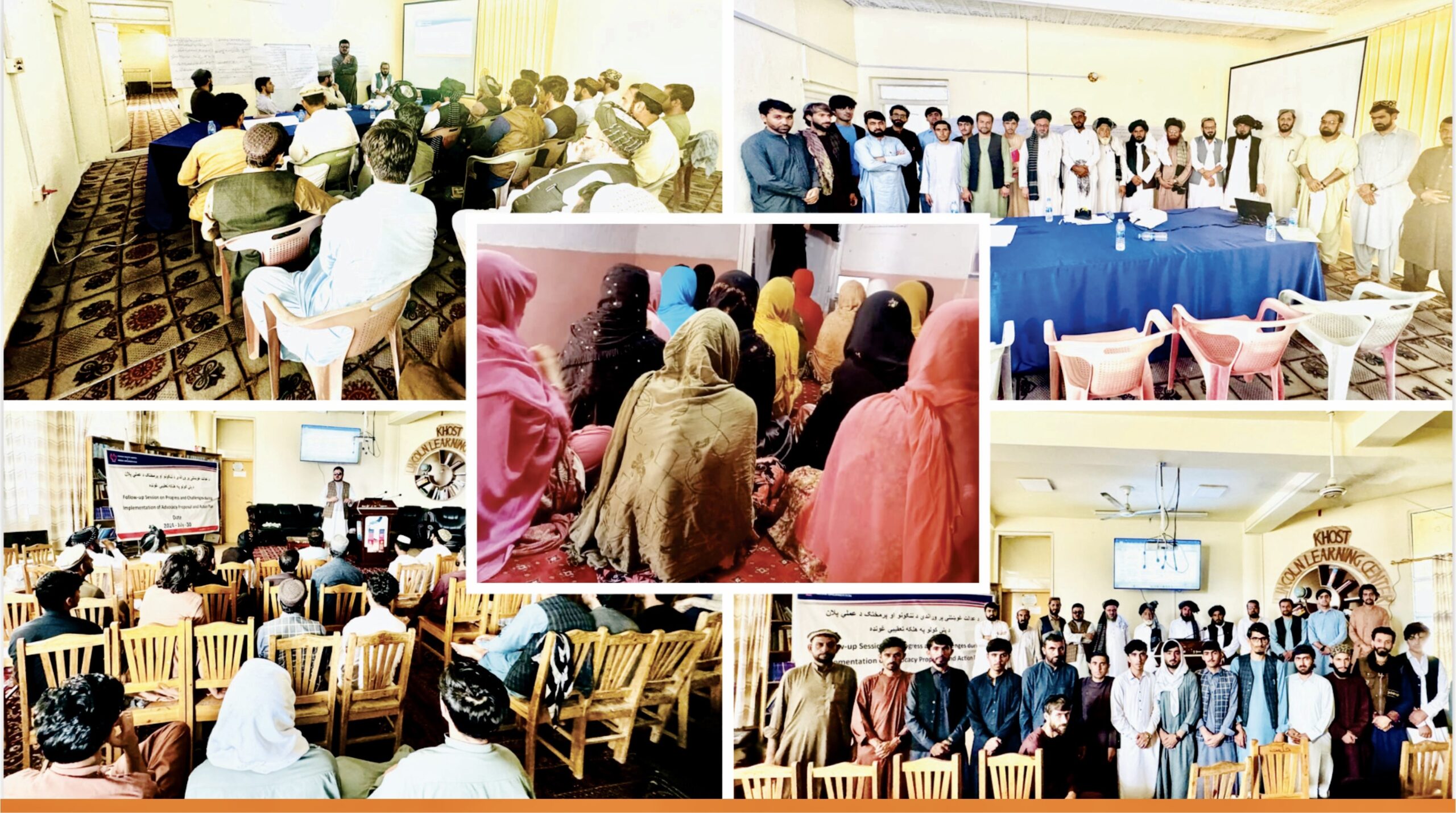As part of the Supporting Access to Justice through Non-State Actors (SAJNA) project, HRWMO, in partnership with the International Development Law Organization (IDLO), implemented a legal empowerment scheme in Afghanistan. The goal was to gather detailed information to identify and analyze the specific needs, challenges, and opportunities within the communities regarding access to justice services. The survey responses provided valuable insights into pressing issues such as lack of access to education and healthcare, IDPs, violation of inheritance rights, and the prevalence of harmful cultural practices like underage and forced marriages. These findings will inform future interventions and strategies to address the identified problems and promote the rights and well-being of women and children in the community.
In Afghanistan, the majority of people, especially women and children, do not have access to a formal justice system due to the legal gap created by the nullification of courts and laws by de facto authorities. HRWMO collaborated with 60 non-state actors, including Ulamas, lawyers, key figures, women activists, and law students, to improve informal legal and justice mechanisms. The goal was to institutionalize legal knowledge among non-state actors involved in decisions within traditional justice mechanisms such as local jirgas and leaders shuras. HRWMO organized community dialogues focusing on pressing community issues, including gender gaps, legal barriers, and opportunities for women and girls within the community and the province.
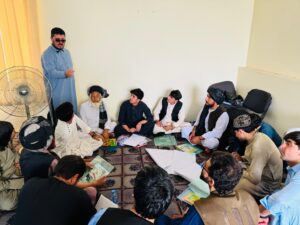
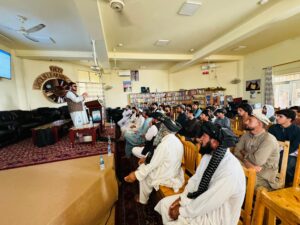
Furthermore, the project focused on advocacy and negotiation within the community, involving community members such as local leaders, activists, women’s groups, and representatives from various community organizations. It aimed to address key issues identified during previous community dialogues, with a focus on strategies for advocating for important community concerns. Through effective negotiation techniques and advocacy skills, participants were able to express community needs and engage with relevant authorities and stakeholders more effectively. The participants developed advocacy action plans and proposals to address pressing community issues, and each activity was evaluated through follow-up sessions on Walwar (dowry) and Civil Documentation (Tazkira). The advocacy groups successfully raised awareness in the community and encouraged community members to assert their rights and participate in social activities for their betterment and well-being.
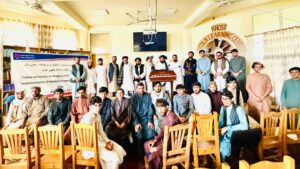
HRWMO regularly hosted advocacy meetings with local stakeholders, Shura Ulama, and local officials to discuss legal issues from the Islamic perspective and pave the way for further cooperation and the delivery of justice services. During the advocacy meetings, the Shura Ulama expressed that there are no Islamic objections to obtaining and using national ID cards for women and that it is the moral responsibility of Ulama and leaders to speak out against harmful norms and customs prevailing in our community, such as dowry, forced marriage, and other unsatisfactory matters which cause severe problems in the community.
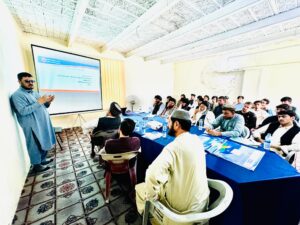
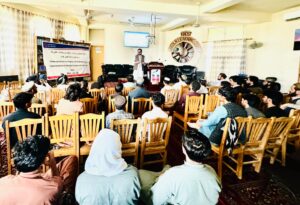
Related Documents
Success stories: Interviews with female entrepreneurs,
Also, check out our social media activities.
For more information on this initiative, please get in touch with Wali A. Shirzad, Strategic Partnership Manager.

